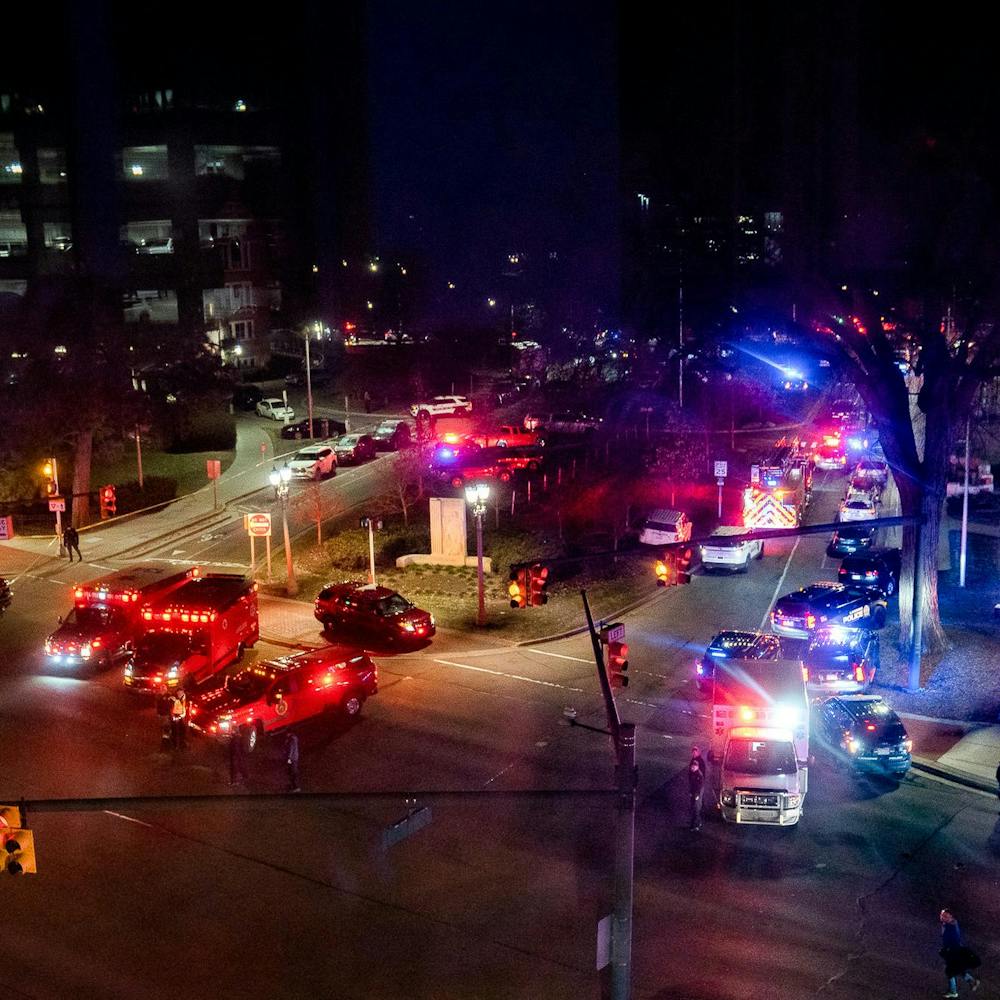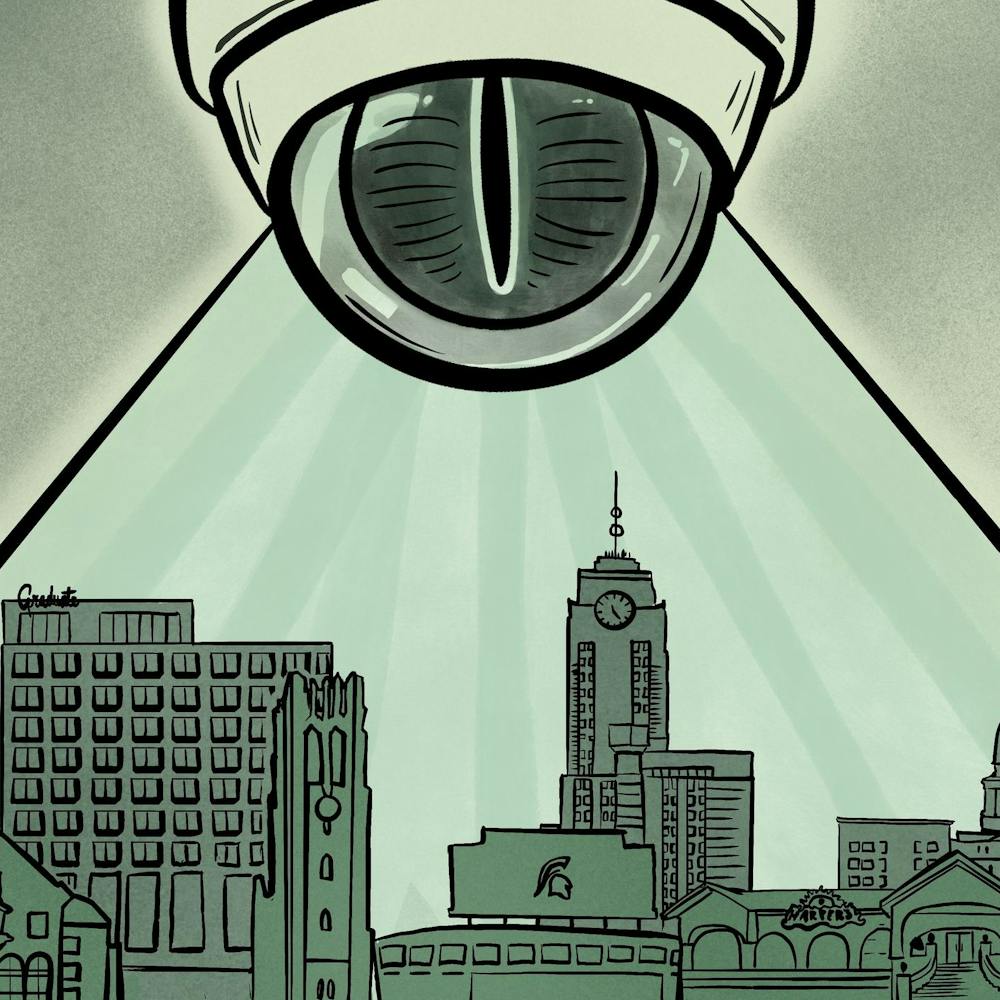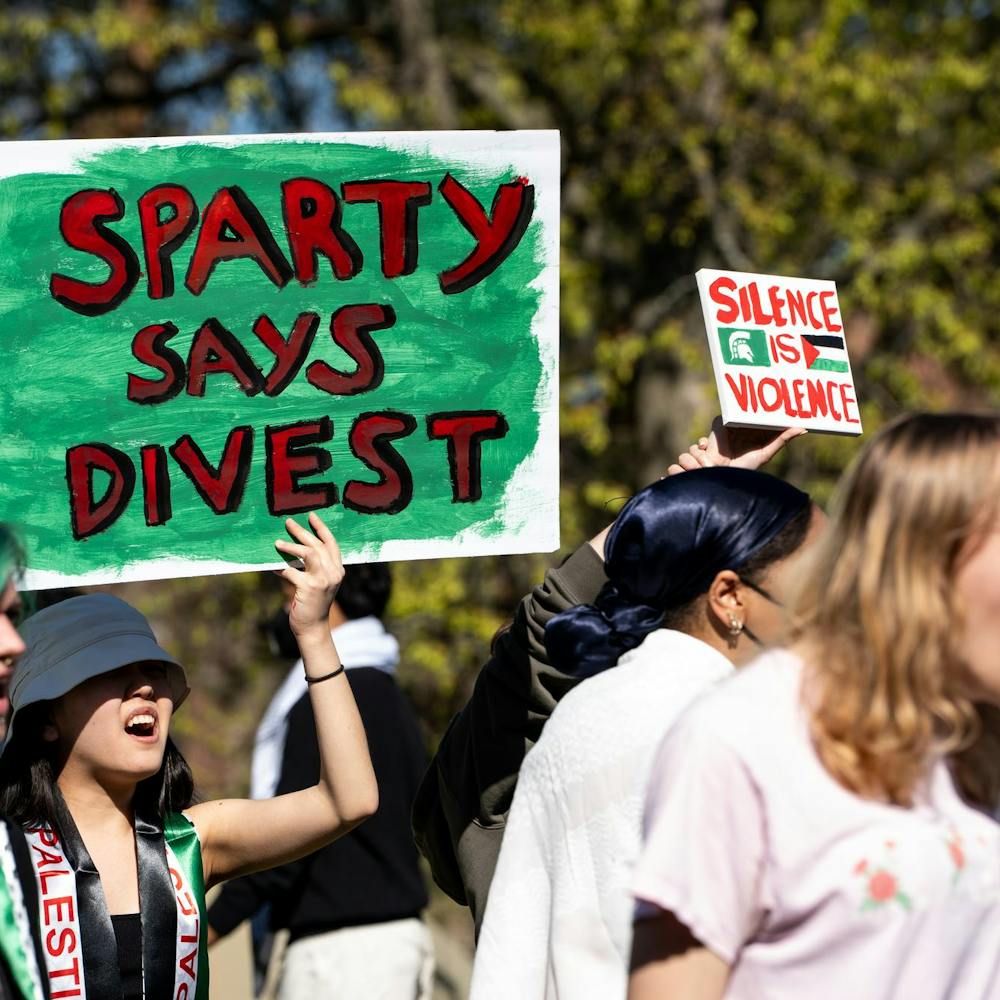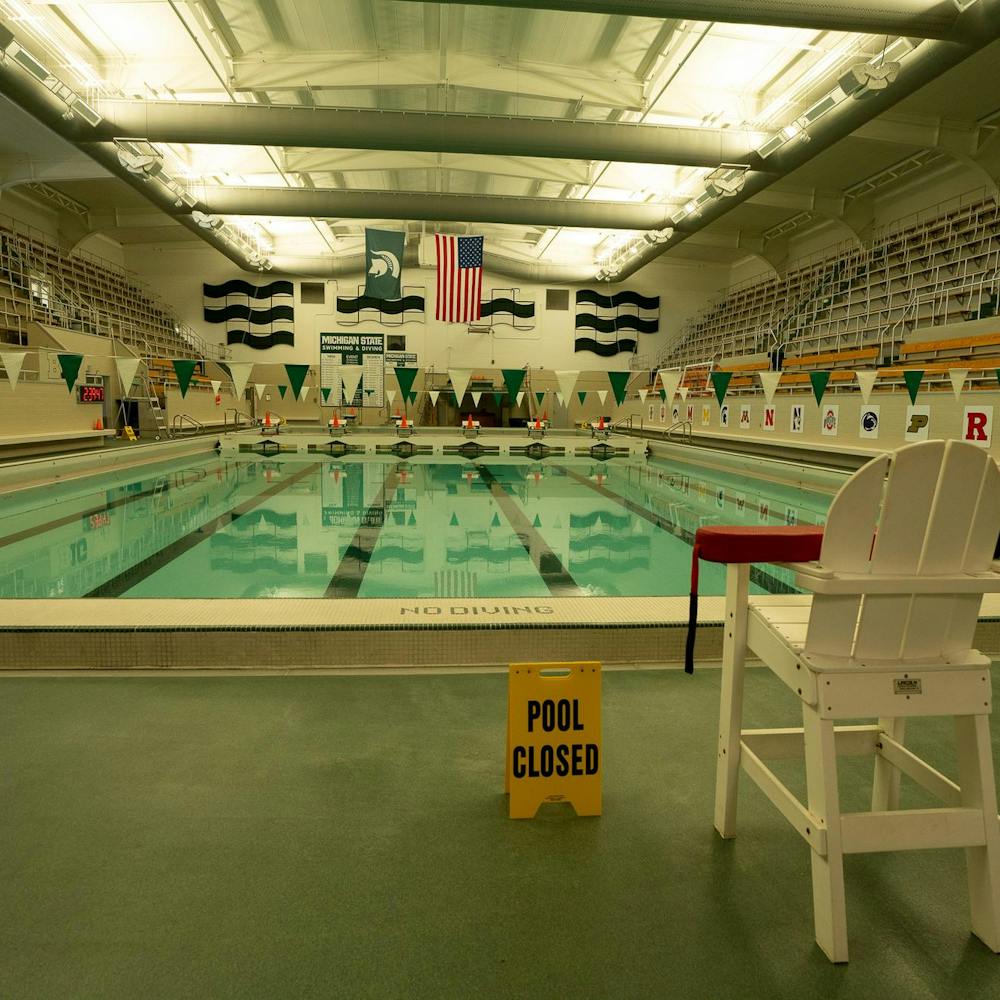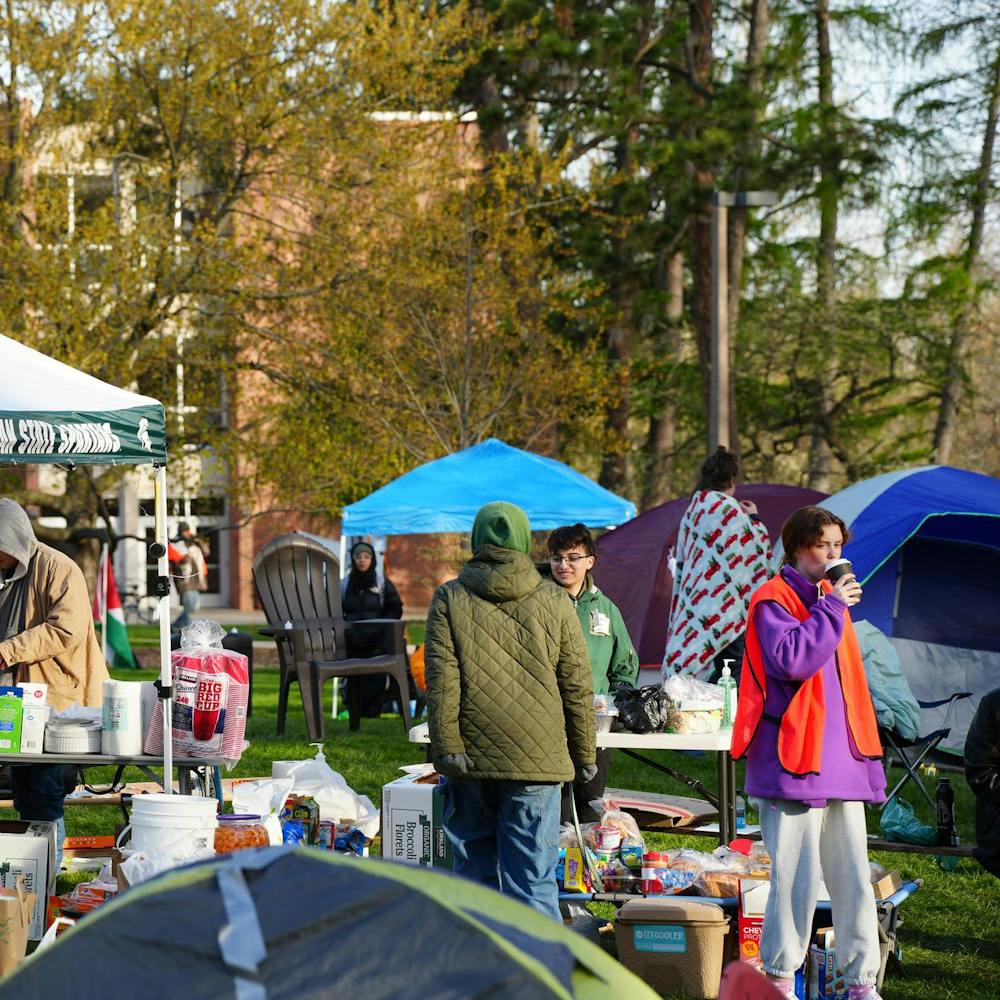Future Michigan elections might continue campaign calls to voters and try to duplicate what has been considered a successful year.
About 38 million voters showed up at the polls — about 6 million more voters than the previous midterm election, Michigan Secretary of State statistics show.
John Truscott, spokesman for former Republican gubernatorial candidate Dick DeVos, said the DeVos campaign used automated calling to get people out to vote, and it appears to have worked.
"While people complain about it, it leads to record levels," he said, adding that robo calls are cheaper than television or radio advertising. "I know it frustrates a lot of people, but as campaigns look at this and look at the turnout, voters are likely to see more of this."
A lot of the calls state residents are complaining about came from independent and statewide party groups, he said.
An increase in political calling and high voter turnout, however, doesn't mean there is a correlation, MSU advertising Professor Bruce Vanden Bergh said.
Automated political calls to local residents can be cheap and used to target demographic areas by looking at area codes, he said. Although candidates will try almost anything for a vote, businesses know it doesn't help to annoy consumers with advertising.
"Advertising irritates people to begin with — political advertising is worst of all," Vanden Bergh said. "You get this message and you say, 'Aww. Why did I pick up the phone?'
"Sometimes, someone who takes the high road loses."
Increased cell phone usage decreases the effectiveness of automated political calls, which primarily go to land lines, he said.
The commission's National Do Not Call Registry limits telemarketing calls, but does not protect against those made by or for a political party.
But if a voter doesn't want to be called by phone bank operators, they usually are removed from the pool of numbers, said MSU College Democrats spokeswoman Chandra Allard.
Phone banks consist of real operators who can interact with the voters they call.
Allard called voters on behalf of Gov. Jennifer Granholm, U.S. Sen. Debbie Stabenow and U.S. House representative candidate Jim Marcinkowski. She said many voters were interested in answering polling questions but most didn't want to stay on the phone.
"You can't argue with people on the phone, you can't persuade them or talk to them," she said. "What kept me going is that these people won't know me — they won't see my face."
Robo calls are not effective when they mostly target nondependent voters, said Allard, who received several automated calls on her cell phone.
Political robo calls were high during the midterm elections, and the industry will most likely grow, said Skip Almond, vice president of marketing for Contact Now, a North Carolina-based broadcasting company.
Almond said calls can cost about 4 to 8 cents per call depending on how many calls will be made.
"If you polled family homes, I don't think (robo calls) are loved in the arena, but they're necessary in the arena," he said.

